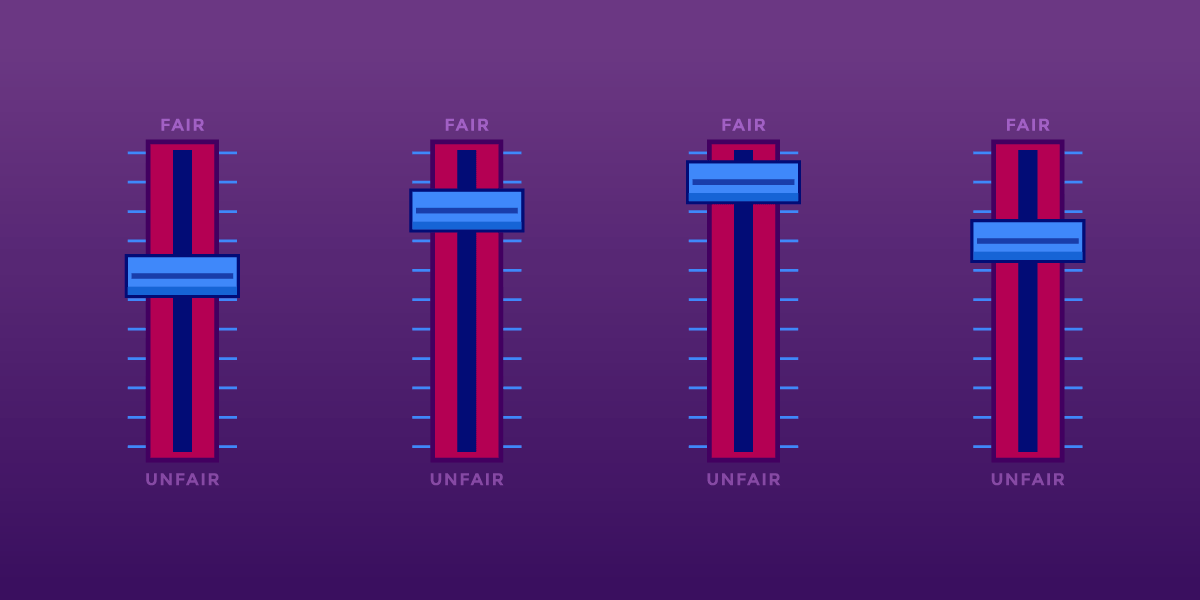Recent judicial decisions have significantly boosted debates about the use of copyrighted works in the context of generative artificial intelligence. This topic, which is becoming crucial for the future of generative AI, has developed around two cases with opposing rulings that raise important questions about what is considered “fair use.”
In the case of Bartz v. Anthropic, three authors sued the company for using their books to train the chatbot Claude. Judge William Alsup ruled that the use of protected materials for training purposes is transformative, emphasizing that this process seeks to create something new rather than simply replicate the original content. In his decision, Alsup stressed that any potential harm stemming from the commercialization of the original works was merely speculative.
On the other hand, the case of Kadrey v. Meta Platforms, related to the development of the Llama chatbot, took a more conservative approach to fair use. Although Judge Vince Chhabria ruled in favor of Meta, his reasoning was based on projections about possible market harm, which contradicts the view in the Bartz case. In his ruling, Chhabria considered that using copyrighted material without a license would be “illegal” in most cases and did not accept the idea that the training process could be transformative, suggesting it could negatively affect the market for the original works.
These divergences in judicial decisions highlight the urgency for future courts to rely on the Bartz case as a precedent for evaluating fair use in the realm of artificial intelligence. As technology advances rapidly, it is essential that judicial rulings do not hinder the creative and transformative potential that generative artificial intelligence offers. Striking a balance between innovation and the protection of copyright will be a key challenge for the immediate future of this field.
via: MiMub in Spanish










